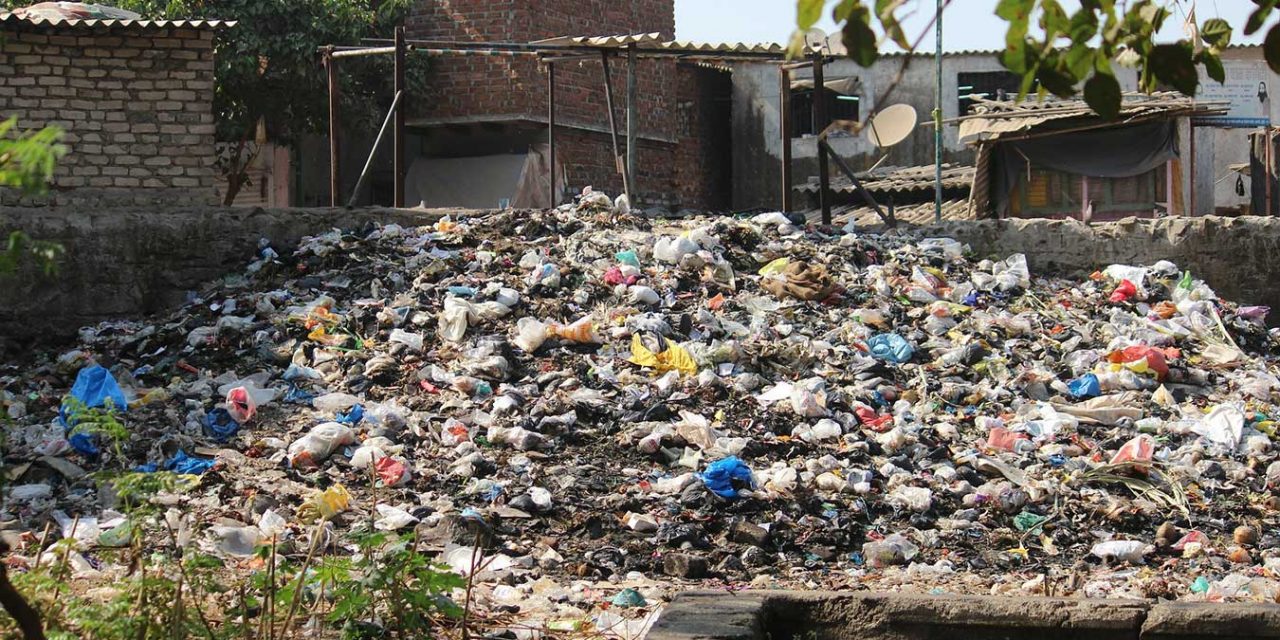Asia – The World’s Rubbish Dump Many industrialised countries also shipped a large proportion of their waste to developing nations for recycling because they themselves lack the facilities to adequately recycle it at home. Asian nations have traditionally served as the world’s trash dumps, but are ill-equipped to deal with waste imports, particularly as such deliveries often contain a mixture of various waste types. But things may be about to change. China has already halted the import of waste, and Thailand, Vietnam, and Malaysia are moving to do so. As these changes begin to take effect, industrialised nations will have to reduce the amount of waste they produce and effectively deal with it at home. A dispute that was recently resolved between the Philippines and Canada is an example of how waste disposal can quickly turn nasty. Between 2013 and 2014, more than 100 containers of mislabelled waste were shipped from Canada to the Philippines for recycling. Although the containers were labelled as containing recyclable plastic, they, in fact, were full of household rubbish. Complicated international treaties on waste disposal and red tape resulted in the situation remaining unresolved until 2019 when the Philippine President Rodrigo Duterte intervened and threatened Canada with war unless it removed the containers. They eventually arrived back in Vancouver by the end of June 2019, at a cost of USD$840,000 to the Canadian taxpayer. Will Nichols, head of the environment at Verisk Maplecroft, told Eco-Business, a leading media corporation focusing on sustainable development and clean energy in the Asia Pacific region, that given the amount of global press coverage on plastic pollution, it was not surprising that Asian countries were moving to stop the import of waste. “Although there are certainly concerns about the type of waste they are receiving from Europe and North America— often shipments are contaminated with difficult to recycle materials—these nations are realising they cannot continue to be the world’s dumping ground if they want to achieve their own environmental objectives,” he said.
Domestic Waste Management Also A Problem
While the import of waste to developing countries is undoubtedly a problem, domestic levels of recycling are not high, and with the exception of Singapore and Taiwan, waste is generally not properly disposed of in Southeast Asia. The Philippines, Indonesia, Myanmar, and Vietnam mishandle over 80% of their waste. And as incomes in these countries increase, so too will the level of waste they produce. “There is a perfect storm forming where countries are already unable to handle the waste they currently produce but will soon have even more to deal with. Without major investment in infrastructure or rapid moves towards a more circular economy, we can expect a significant uptick in pollution, not just of rivers and soils, but increasingly the ocean too, where plastic particles present a severe threat to marine life,” Nichols explained. The formal waste collection and recycling industry in South East Asia is not well developed and the region is heavily dependent on informal waste collection where objects that have been discarded are reused or repaired by people, often among the poorest in society. However, Sumangali Krishnan, head of research and strategy at GA Circular, a Singapore-based consultancy that finds business opportunities in household waste, explained that this sector may prove key in the coming years. “The absence of complete diversion towards recycling combined with poor collection coverage has earned Southeast Asia the disrepute for plastic pollution. That said, the informal sector and recycling economy can definitely be harnessed to drive the collection of plastics for recycling and reduce pollution,” he told Eco-Business. In developed nations, as the issue of waste becomes a hot topic in the media, but as governments lag behind in terms of waste management and recycling, businesses will most likely be the ones to foot the bill for disposal facilities. Already companies are facing pressure to deal with their own waste and plastic, as many countries around the world begin to introduce legislation to ban the use of single-use plastics. The world produces over 2.1 billion tonnes of solid waste annually and recycles just 323 million tonnes (around 16%) of it, while 950 million tonnes (46%) is disposed of unsustainably.]]>- Why is California So at Risk from Wildfires? - 13th November 2019
- Carbon Offsetting is Growing but Does it Make a Difference? - 11th November 2019
- Three Confirmed Dead as Australia Prepares for “Catastrophic” Bushfires - 11th November 2019






